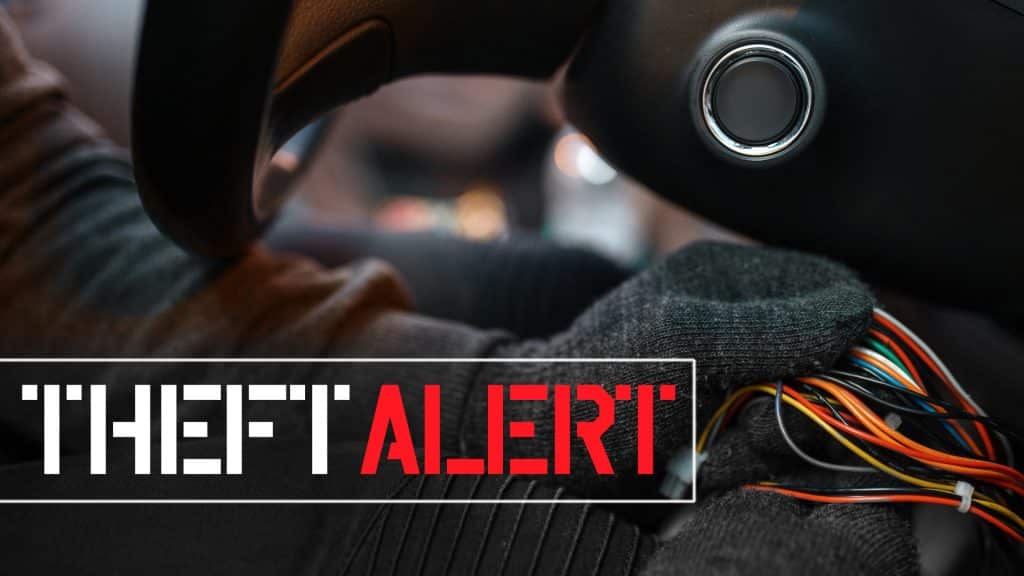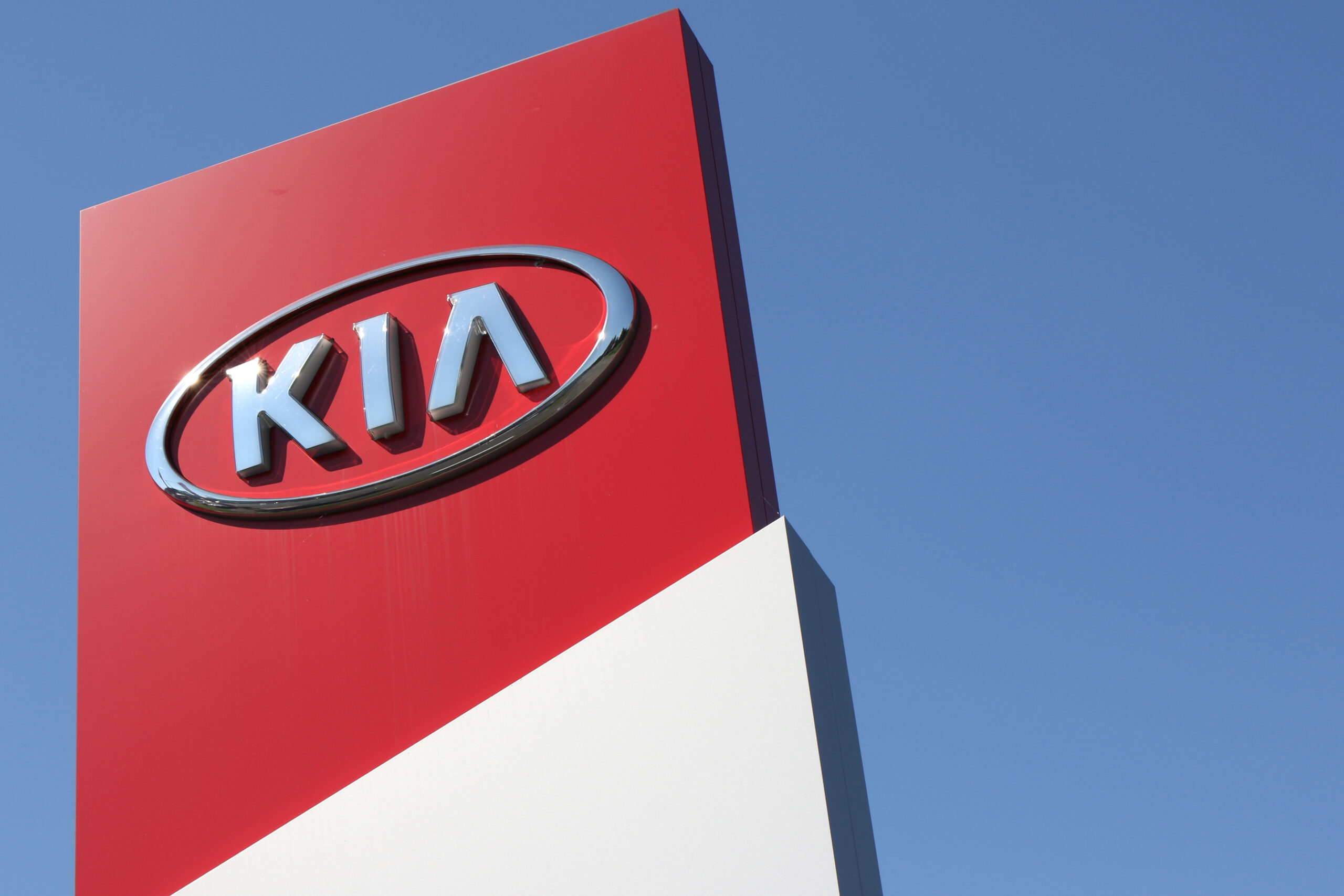Why are Kia and Hyundai insurance rates going up? Insurance companies have faced mounting challenges when it comes to insuring Kia and Hyundai vehicles. While both brands are known for their affordability, reliability, and popularity among consumers, certain factors have made them targets for theft and subsequently increased insurance premiums. Thefts of Kia and Hyundai vehicles has increased by 1000% since 2020 per this article on CNN. In this blog post, we’ll explore why Kia and Hyundai vehicles can be harder to insure and in some cases, insurers are refusing coverage on these vehicles, and how theft rings contribute to rising insurance costs.

- Popularity and Targeting: Kia and Hyundai vehicles have gained popularity worldwide due to their competitive pricing, fuel efficiency, and modern features. However, their widespread popularity also makes them prime targets for theft. Thieves often target these vehicles because their parts are interchangeable, making them valuable in the black market.
- Limited Security Features: While newer models of Kia and Hyundai vehicles come equipped with advanced security features, older models may lack adequate theft prevention systems. This makes them more susceptible to theft and increases the risk for insurance companies.
- Sophisticated Theft Rings: Organized crime groups and theft rings have become increasingly sophisticated in targeting Kia and Hyundai vehicles. These groups often dismantle stolen cars for parts or ship them overseas where they can be sold at higher prices. The involvement of organized crime in car theft adds another layer of risk for insurers, leading to higher premiums for owners of these vehicles. Thieves are primarily targeting models manufactured between 2011 and 2022.
- High-Theft Areas: Certain regions or neighborhoods may have higher rates of car theft, and Kia and Hyundai vehicles are not immune to this trend. Owners living in areas with a history of auto theft may face higher insurance premiums due to the increased risk associated with these locations.
- Rising Repair Costs: In addition to theft-related concerns, the cost of repairing Kia and Hyundai vehicles has also contributed to higher insurance premiums. As technology advances and vehicles become more complex, repair costs for components such as sensors, cameras, and advanced safety features have increased, prompting insurers to adjust their rates accordingly.
Insurance companies use statistical data and risk assessment models to determine premiums, and the higher risk associated with Kia and Hyundai vehicles due to theft and repair costs translates into higher insurance premiums for owners.
While insurance premiums for Kia and Hyundai vehicles may be higher compared to other brands, there are steps owners can take to mitigate costs:
- Install Anti-Theft Devices: Adding aftermarket security features such as alarms, steering wheel locks, and GPS tracking systems can deter thieves and lower insurance premiums.
- Park in Safe Locations: Whenever possible, park your vehicle in well-lit areas or in garages to reduce the risk of theft.
- Choose Comprehensive Coverage: Opting for comprehensive insurance coverage can provide financial protection against theft, vandalism, and other non-collision incidents.

In conclusion, Kia and Hyundai vehicles are harder to insure due to their popularity, susceptibility to theft, involvement in organized crime rings, and rising repair costs. While insurance premiums may be higher for these vehicles, owners can take proactive measures to safeguard their investment and mitigate insurance costs. By understanding the factors that contribute to higher premiums, Kia and Hyundai owners can make informed decisions when selecting insurance coverage for their vehicles.
Vehicles covered by the software upgrade:
Hyundai 2018-2022 Accent 2011-2022 Elantra 2013-2020 Elantra GT 2018-2022 Kona 2013-2022 Santa Fe 2013-2018 Santa Fe Sport 2019 Santa Fe XL 2011-2019 Sonata 2011-2022 Tucson 2012-2017 and 2019-2021 Veloster 2020-2021 Venue 2013-2014 Genesis Coupe 2020-2021 Palisade | Kia 2011-2022 Sportage 2011-2020 Optima 2011-2022 Sorento 2011-2021 Forte 2020-2022 Soul 2012-2021 Rio 2011-2021 Sedona 2021-2022 Seltos 2021-2022 K5 |
